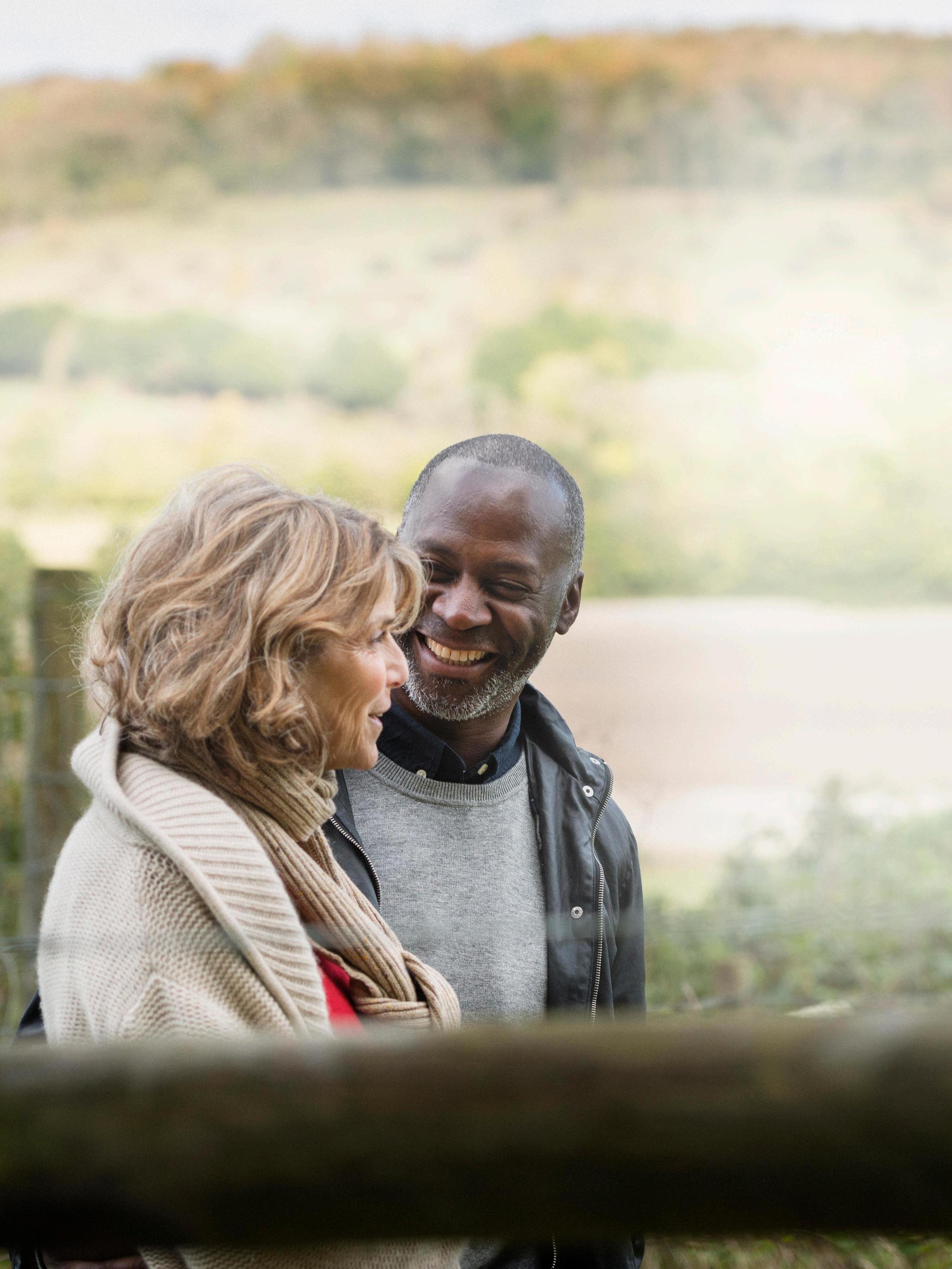RENAISSANCE YEARS
M How to talk to women about sex at menopause Approaching problems with sexual function within a biopsychosocial framework places the individual at the centre of solutions.
enopause describes a biological event in a woman’s reproductive life: but it is much more than that. It has social, cultural and relational significance as well. The Diagnostic and Statistical Manual of Disorders (DSM) 5 (DSM-5) and the World Health Organization’s International Classification of Diseases 11 (ICD-11) attempt to classify female sexual dysfunction, but with a firm focus on their biological causes. As a GP and clinical sexologist, however, I know that most of us working in women’s health are only too aware that the problems experienced by a menopausal woman will have unique impacts that will differ significantly according to her particular life circumstances. Problems of libido loss, vulvovaginal pain, and changes in arousal and climax are common at menopause, and often there is a lot we can do to help tackle these. Ensuring we approach such problems within a biopsychosocial framework ensures we let women know they are being heard and seen as an individual, and that we place them at the centre of any approach to offer a solution. There are common themes in each of these areas that may affect women at menopause:
WORDS BY DR ANGELA WRIGHT
24 | Primary Care Women’s Health Forum | pcwhf.co.uk
OUR ROLE AS WOMEN’S HEALTH PRACTITIONERS IS TO BOTH START, AND OPEN UP THE CONVERSATION AROUND SEX


